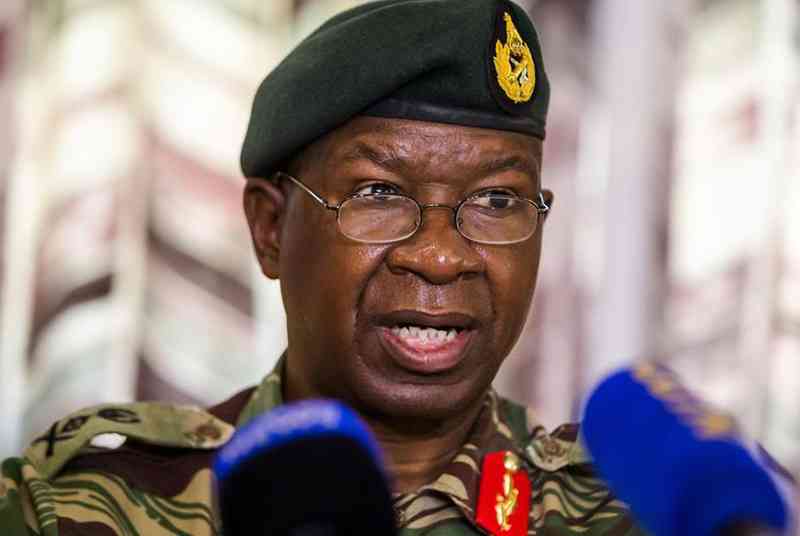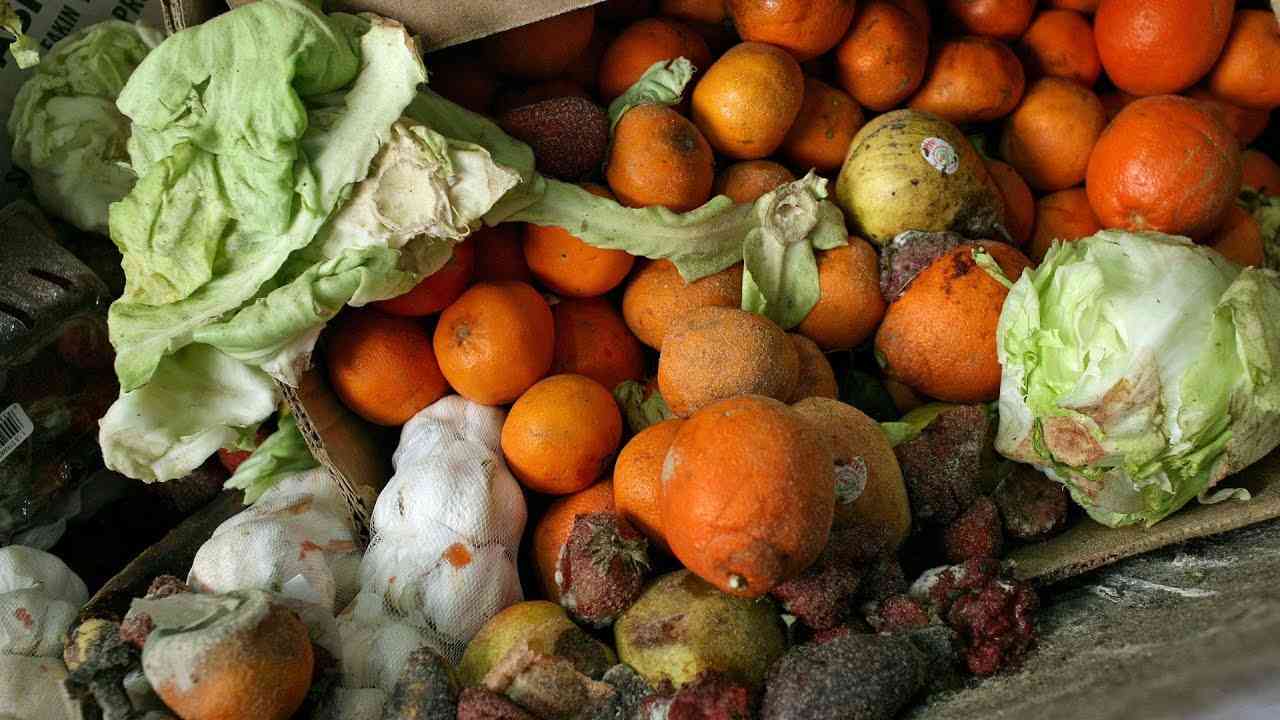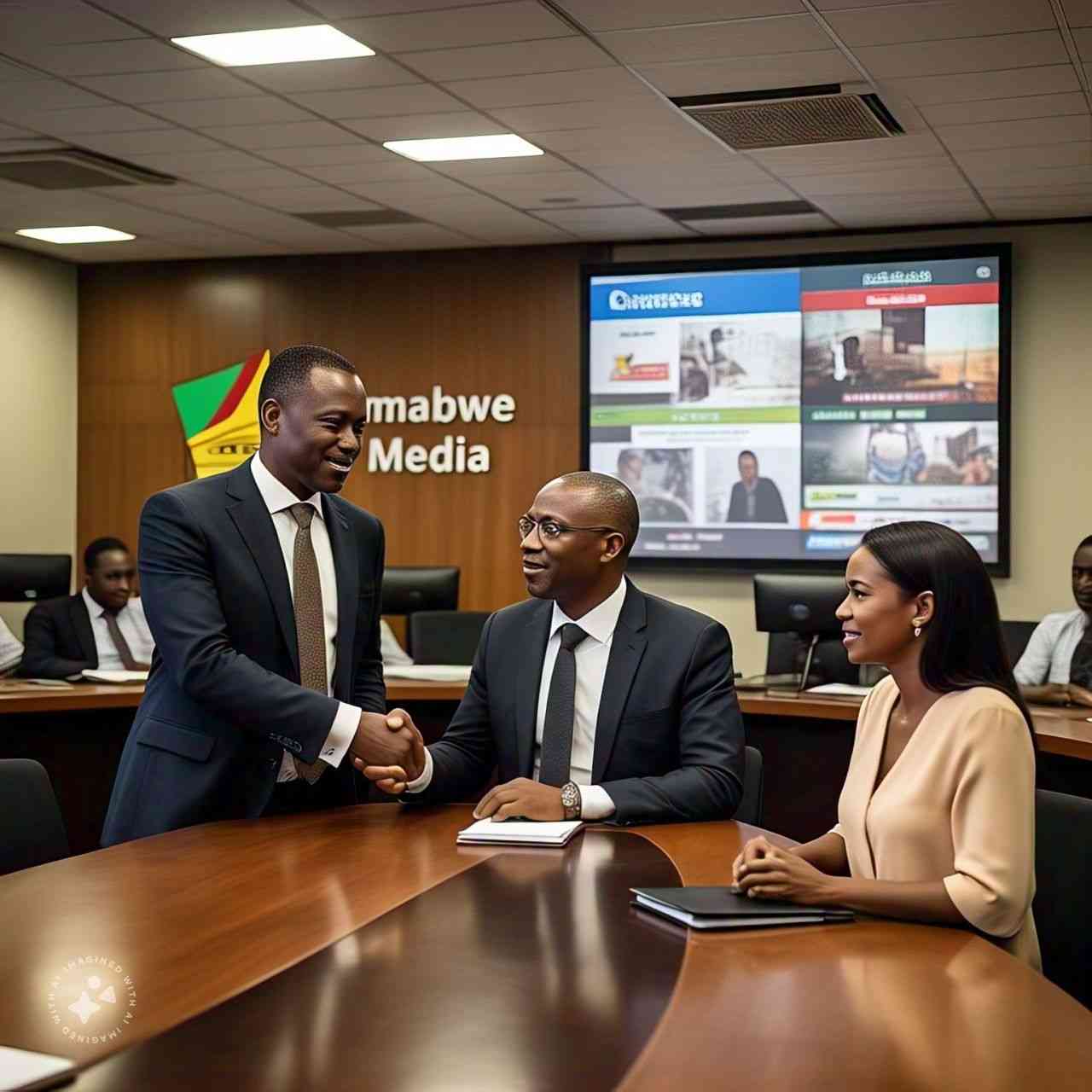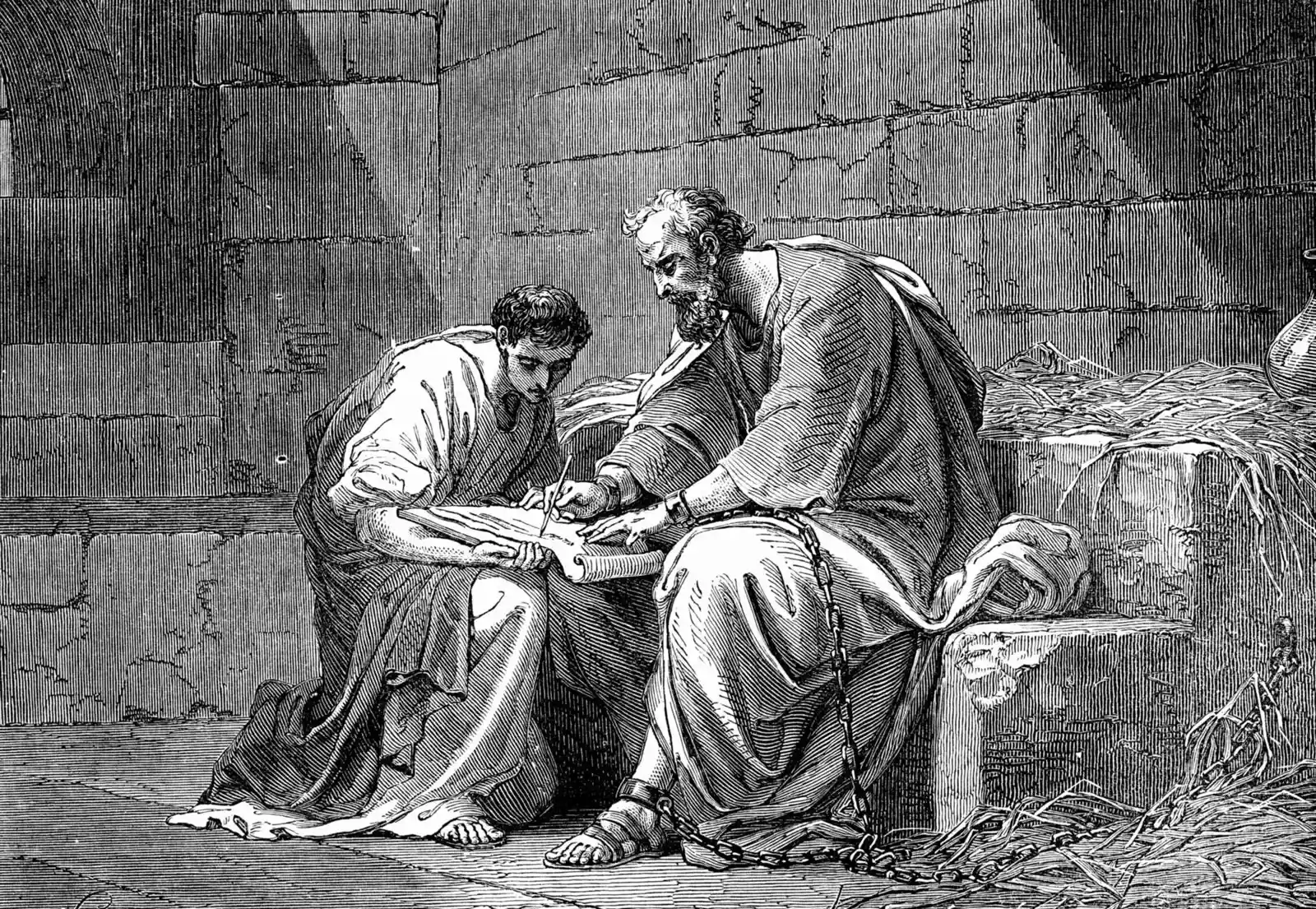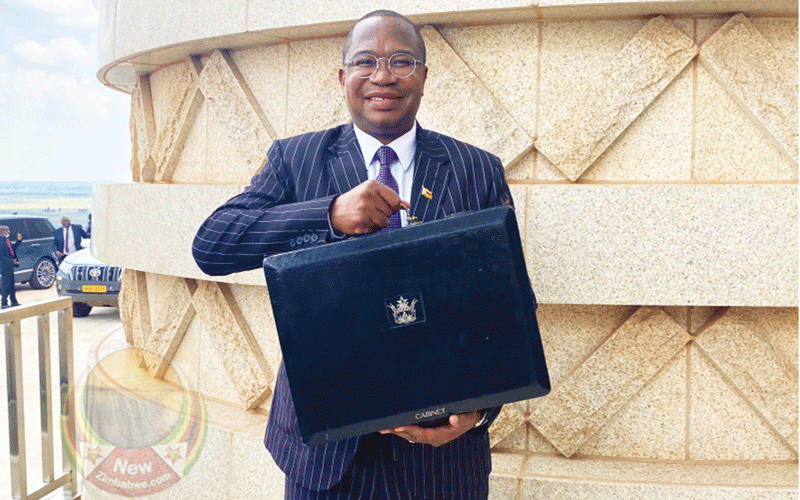
ZIMBABWE, in 2025, will be going through another tough year, going by what is evident in the fields, economic activities, political and social scenes.
Gazing into the crystal ball is not an exact science, but can prepare the population into what the future could be based on those things we can see around us.
I cannot help but borrow heavily from Charles Mungoshi’s two titles, Waiting for the Rain and Coming of the Drying Season.
Zimbabwe, in 2025, can aptly be literally described by these two titles.
While the festive season could have brought some merry to many weary Zimbabweans, many farmers are wondering if this could be a second successive drought for the country.
Drought is a hard thing for Zimbabwe, especially that it is an agro-based economy.
Zimbabwe has been generally dry right up to Christmas Day.
It can be said with trepidation that this will be another failed season.
- Mavhunga puts DeMbare into Chibuku quarterfinals
- Bulls to charge into Zimbabwe gold stocks
- Ndiraya concerned as goals dry up
- Letters: How solar power is transforming African farms
Keep Reading
Experiencing another drought in a country with weak social safety nets means the population will further grind into poverty.
While poverty is generally associated with rural communities, Zimbabwe is witnessing a rise in urban poverty.
In his 2025 national budget statement, Finance minister Mthuli Ncube acknowledged that 1,8 million people in urban areas needed State help to get by in their lives.
He said these would receive cash transfers.
It is, however, worrying that Treasury by its on figure admitted that only 30 000 people have received the meagre US$8 per person grant.
It is evident that the majority are on their own.
It needs no emphasis that poverty leads to a rise in social problems such as gender-based violence, prostitution, drug and substance abuse, school dropouts and spread of preventable diseases.
The economic front does not look any better.
Zimbabwe still lacks economic enablers such as water and electricity.
Many companies have been forced into capital expenditure related to sinking boreholes and setting up mini solar power plants at their premises.
Many others are cutting back on the employment figures. They are operating in survival mode.
It can be argued that there will be a growing number of the working poor — a class of people who are gainfully employed, but cannot meet their survival needs.
A further gaze into the crystal ball shows many companies will fail to pay their employees, there will be nominal increases in wages and many companies will struggle to settle statutory payments such as quarterly taxes, pension and medical aid deductions.
Ncube has not made it an easier for businesses with his new tax proposals and the aggressive revenue collection measures in the 2025 budget.
There will be many corporate rescue cases, companies trying to save themselves from being bankrupt or foreclosures by their creditors.
Another spot to keep a close eye on is the Mutapa Investment Fund.
Zimbabwe’s struggles with foreign debt will push to the wholesale mortgaging of Mutapa assets.
It is also conceivable that some assets would be sold or privatised.
In political terms, Zimbabwe is likely to witness some serious asset stripping by the political elites.
On the political front, the Zanu PF succession race will continue to hog the headlines.
It is becoming clear that President Emmerson Mnangagwa, despite his public statements that he will retire at the end of his term in 2018, to the contrary, his hand behind the scenes to get a term extension is very clear.
Many of the meetings to organise the third term or term extension are said to be taking place at his Precabe Farm in Kwekwe.
It depends on what fightback the other faction has, but the reality is tensions will rise within Zanu PF and this will affect government capacity in delivering its mandate.
The opposition in Zimbabwe is most likely to further disintegrate and become dysfunctional in Parliament and the local authorities where it leads.
It has struggled to distinguish itself from failed Zanu PF leadership in councils.
Many in the opposition circles continue to play their cards close to their chests in the hope that opposition leader Nelson Chamisa will bounce back into mainstream politics in 2025.
However, it is worrisome that opposition politics is defined more by personalities rather than ideas.
The trend of big men in politics will continue to the detriment of collective leadership and development of the country.
The forming of a broad opposition coalition to stop Mnangagwa’s third term bid and fighting the 2028 election is very dim.
There seems to be no traction and interest among the main players.
They are stuck in the stupid mentality — it has to be me or no one.
The picture painted so far is bleak.
However, there are some flashes of light in the darkness.
The first is the world’s richest man Elon Musk’s Starlink into the communication and data arena.
It will definitely increase internet speeds and accessibility, bring competition to local operators and make the cost of business slightly cheaper.
Zimbabwe’s private land developers’ boon will continue into 2025.
New, expansive and stylish residential estates will be developed, especially in the new city — around Mt Hampden.
The big worry will remain affordability among locals.
Diaspora remittances will once again be impressive in 2025.
Many Zimbabweans will be sending money back home to help their struggling families.
They will also be investors into the property market.
This may stimulate some demand, but without structured finance in the local market, the property bubble may soon burst.
This gloomy assessment does not in anyway say it is cast in stone.
Zimbabwe’s resilience will once again be tested.
Its citizens can alter the course if they become more active, hold their leaders accountable and speak out on matters that are dear to them.
For now, we continue to wait for the rains and in some quarters, it is clear it will be the coming of the dry season.
At least we know what needs to be done if we need a better 2025, and the ball — like always — is in the citizens’ court.
Let’s see how the New Year pans out.
- Paidamoyo Muzulu is a journalist based in Harare. He writes here in his personal capacity.

